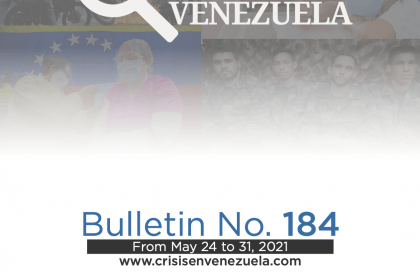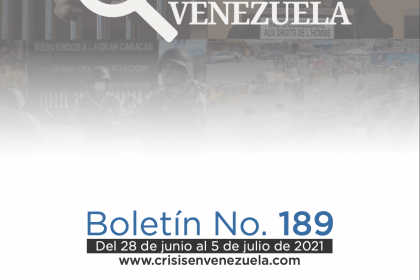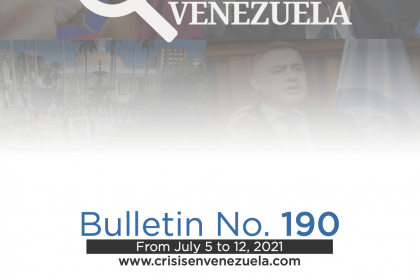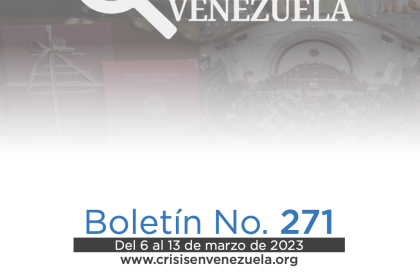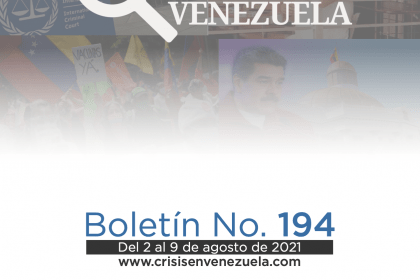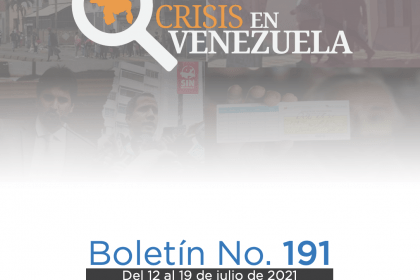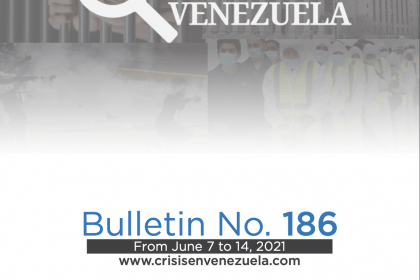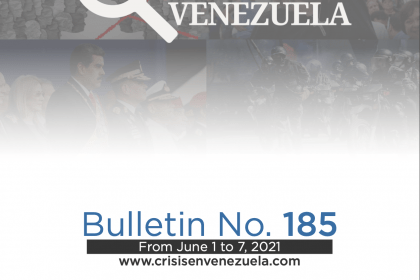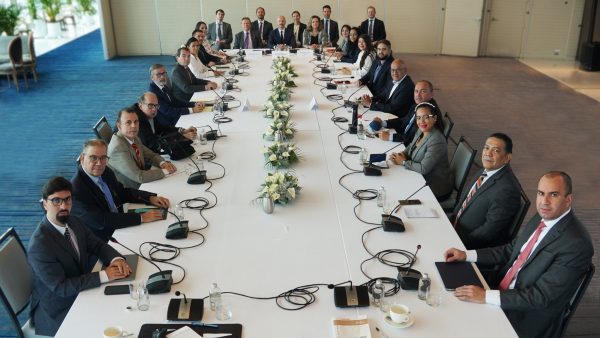
A dialogue and negotiation process between Nicolás Maduro’s government and the opposition has started in Mexico. That both sectors have established a first agreement: dialogue and also establishing a general commitment of the content of the deliberations (memorandum of understanding) is an important step.
The issue of justice doesn’t appear in the agenda. That’s an alarm. It’s a dialogue that’s occurring within a context of massive and systematic human rights violations at a level of crimes against humanity. Crimes that have left thousands of victims that have a right to justice.
On the other hand, this process is produced in midst of a Complex Humanitarian Emergency with millions of people going hungry and subjected to an increasing deterioration of their life conditions. Within this national contest, social organizations must influence so that commitments arise in said negotiation in order to advance in truth, memory and justice and specific measures that have an impact on the families’ quality of life, mainly on those at the lower end of the resource scale.
In the context of the current crisis in Venezuela, human rights organizations maintain a continuous effort to record and document the systematic violations of civil, political, economic, social and cultural rights of the population in order to accompany the victims and give visibility to these violations before the national and international community.
In this sense, the Crisis in Venezuela bulletin emerges as a weekly space in which, as a human rights movement, we bring together the situations that currently reflect the humanitarian crisis that Venezuela is going through.
The Crisis in Venezuela newsletter ESPAÑOL | ENGLISH
Boletín-198-Crisis-En-Venezuela-EN-B
